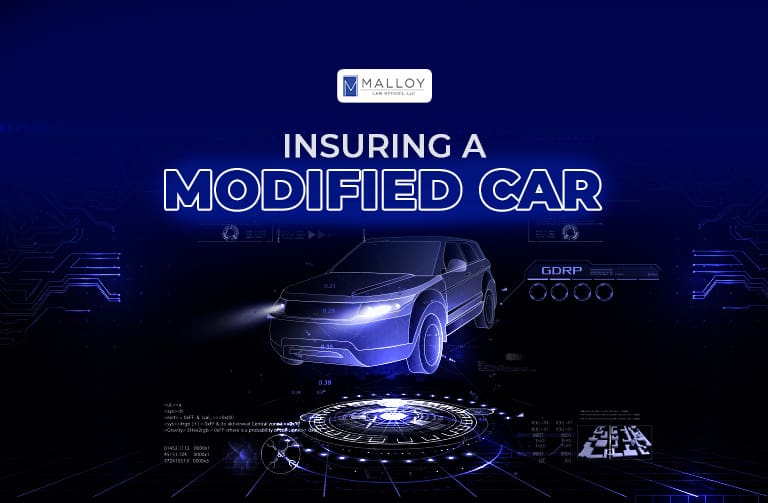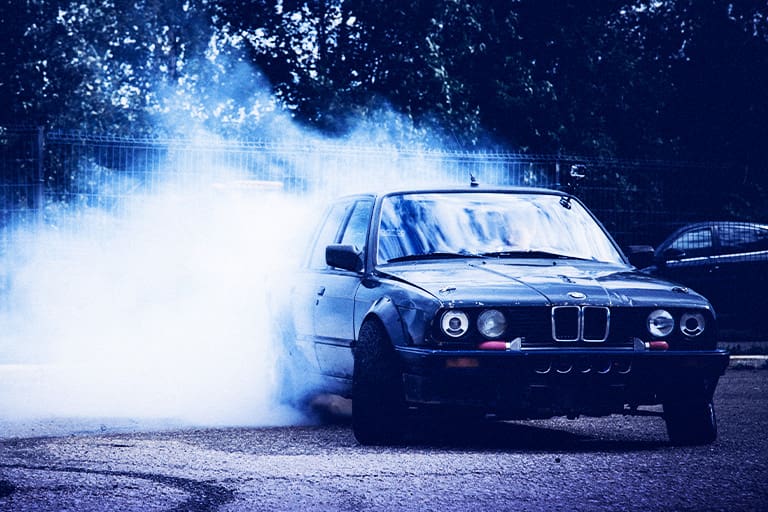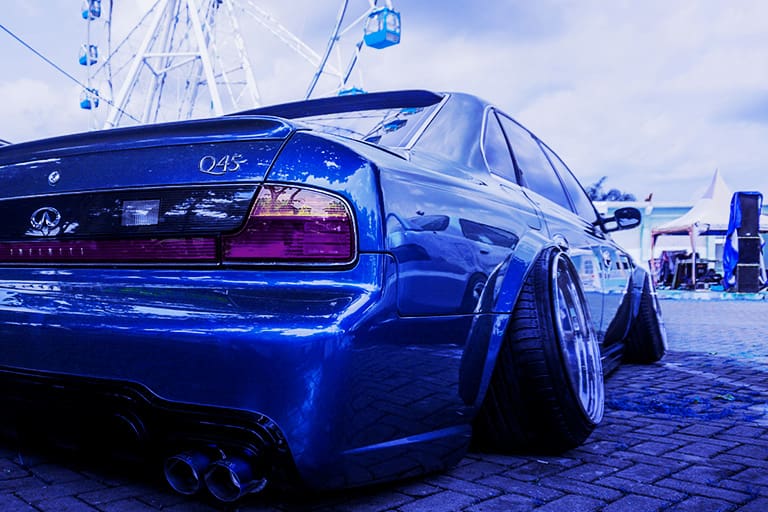What to Know When Insuring a Modified Car
Most motorists view their cars as household appliances. The key concern is that they function and perform their assigned task. For an automobile this could mean commuting, traveling, or running errands. However, a dedicated enthusiast demographic takes a far different view. Millions of people take a keen interest in the look, performance, and functioning of their automobile. Whether they’re amateur gearheads, frequent car show attendees, or track day hobbyists, these people take pride in a set of wheels that’s truly their own. However, they’re still subject to the same traffic regulations as everyone else. This includes the need for automobile insurance. Today’s Malloy Law Offices blog post will explore the complications involved in insuring a modified car.
Defining “Modification”
In general, any feature of a car that is not factory standard will be considered a “modification.” These can be broken down into two broad categories:
- Performance Modifications
- Aesthetic Modifications
We can examine the two categories in more detail. But generally speaking, both of these modifications will necessitate an increased level of insurance coverage. The value of any aftermarket parts will need to be factored into the total value of the vehicle, which will inevitably affect the insurance policy as a whole.
Performance Modifications
Common performance modifications include:
- Turbochargers
- Performance suspension
- Ceramic breaks
- Aftermarket exhaust
- Aftermarket transmission
- Engine swapping
- Performance/All Terrain Tires
- Handbrake/turning radius modifications to enable “drifting”
Certain insurance providers may decline to insure a car with extensive performance modifications. Particularly if their engine generates far more power than a stock engine in the same vehicle. Motorists should also be aware of emissions standards, noise ordinances, and other municipal and state level laws that may make driving or insuring a modified car a headache.
Aesthetic Modifications
Common aesthetic modifications include:
- Vinyl wraps
- Tinted windows
- Body kits, particularly “wide body” kits
- Aero kits, wings, splitters, “spoilers”
- Lift kits, particularly for trucks and SUV’s
- Speaker systems
- Paint
- Armored bumpers
- “Lowrider” hydraulic systems
- New wheels or “rims.”
Similar to performance modifications, insurance carriers may balk at insuring a car whose appearance has been extensively modified. The cost of a body kit or custom vinyl wrap must be factored into any claim and the prospective repairs to the vehicle after an accident. Furthermore, aftermarket wheels or a powerful stereo system may make the car a more appealing target to thieves.
Drivers of lifted vehicles should ensure that their vehicle’s lift is within the legal limit. Any vehicle with tinted windows should also ensure that the tint does not exceed the legal limit. Failure to do so may result in traffic stops, fines, and “fix it” tickets.
Supplemental Insurance for Modified Vehicles
Insuring a modified car will generally take one of two forms:
- Supplemental Coverage: Usually sold under a label such as “custom parts and equipment coverage,” this supplement to comprehensive and collision coverage will compensate you for the value of any modification made to the vehicle up to a certain dollar amount.
- Stated Value Coverage: This coverage will pay out the total cash value of the vehicle in the event of a total loss. Useful for “finished product” modified cars with extensive modifications.
Additionally, if your vehicle is rare or vintage, several insurance carriers specialize in “classic car insurance” which specializes in covering vehicles of this type.
How Malloy Law Can Help
If you or a loved one has been injured in an accident involving a modified vehicle, don’t face the aftermath alone. Malloy Law Offices is home to Maryland, Virginia, and Washington DC’s car accident specialists. Our experienced legal team and dedicated support staff will win maximum compensation for your injuries, lost wages, and pain and suffering. Don’t go it alone. Contact Malloy Law today and let’s win your case.





